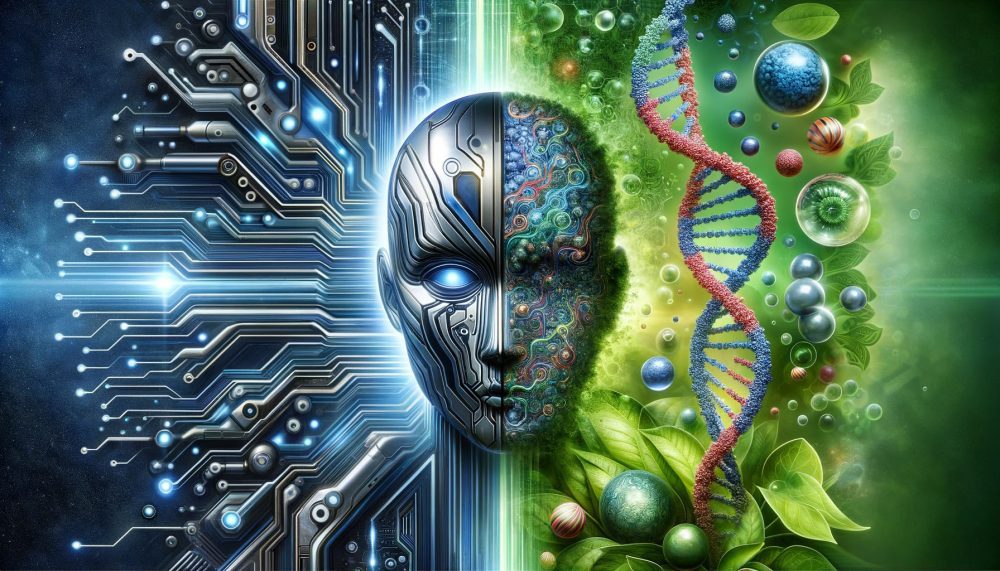AI and Synthetic Biology: A New Frontier
The integration of artificial intelligence (AI) into synthetic biology is opening up new avenues for scientific discovery and innovation. Recently, Raktim Mitra and Remo Rohs delivered a mind-blowing talk on the use of geometric deep learning to understand how DNA and proteins bind and to design binding molecules. This groundbreaking approach leverages AI to optimize protein-DNA interactions, which has significant implications for genomics and personalized medicine.
Understanding Protein-DNA Binding
One of the key challenges in synthetic biology is understanding how proteins, such as transcription factors, bind to specific DNA sequences. This binding process is crucial for regulating gene expression and cellular functions. Mitra and Rohs’ research focuses on using geometric deep learning to predict the full range of DNA sequences that a protein can potentially bind to. This knowledge can then be used to design proteins that specifically target desired DNA sequences, enhancing the precision of genetic interventions.
Optimizing Protein Binding with AI
The optimization process involves having AI suggest synthetic changes to the protein to improve its binding affinity. By analyzing the DNA-protein structure, spatial graph convolution is applied to the protein graph, and bipartite geometric convolutions are used from protein graph vertices to sym-helix points. This method allows researchers to learn the effects of perturbations, such as assessing the importance of specific protein residues in binding.
Applications and Implications
The applications of this technology are vast. In drug discovery, for example, AI-generated proteins can be designed to target specific genetic sequences associated with diseases, leading to more effective treatments. Additionally, this approach can be used to develop novel materials and enzymes for industrial applications. The potential for AI to revolutionize synthetic biology is immense, offering new insights into disease predispositions and treatments.
Case Studies and Real-World Examples
Several companies and research institutions are already leveraging AI for protein design and drug discovery. For instance, EvolutionaryScale, backed by Amazon and Nvidia, has raised $142 million to develop AI models that generate novel proteins for scientific research. Their flagship product, ESM3, can reason over protein sequence, structure, and function, enabling the generation of proteins with specific properties. Similarly, Google DeepMind’s AlphaFold2 has successfully predicted the three-dimensional structures of nearly all known proteins, earning its developers the 2024 Nobel Prize in Chemistry.
Future Directions and Ethical Considerations
As AI continues to advance, it is crucial to address the ethical considerations surrounding its use in synthetic biology. The potential misuse of AI-generated proteins, such as for bioweapons, necessitates careful oversight and regulation. Additionally, researchers must ensure that AI models are free from biases that could impact their accuracy and reliability.
In conclusion, the integration of AI into synthetic biology represents a significant leap forward to understand and manipulate genetic information. The work of Raktim Mitra and Remo Rohs exemplifies the transformative potential of this technology.
Ready to Transform Your Hotel Experience? Schedule a free demo today
Explore Textify’s AI membership
Explore latest trends with NewsGenie
